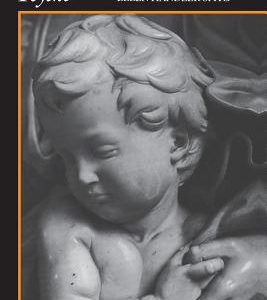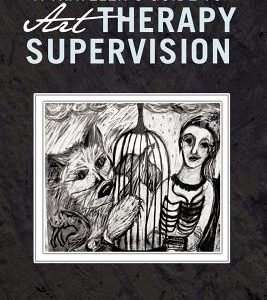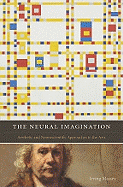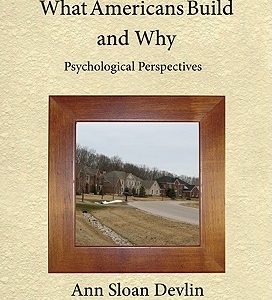Origins of Object Knowledge
$66.60
Description
Do humans start life with the capacity to detect and mentally represent the objects around them? Or is our object knowledge instead derived only as the result of prolonged experience with the external world? Are we simply able to perceive objects by watching their actions in the world, or do we have to act on objects ourselves in order to learn about their behavior? Finally, do we come to know all aspects of objects in the same way, or are some aspects of our object understanding more epistemologically privileged than others?
The Origins of Object Knowledge presents the most up-to-date survey of the research into how the developing human mind understands the world of objects and their properties. It presents some of the best findings from leading research groups in the field of object representation approached from the perspective of developmental and comparative psychology. Topics covered in the book all address some aspect of what objects are from a psychological perspective; how humans and animals conceive what they are made of; what properties they possess; how we count them and how we categorize them; even how the difference between animate and inanimate objects leads to different expectations. The chapters also cover the variety of methodologies and techniques that must be used to study infants, young children, and non-human primates and the value of combining approaches to discovering what each group knows. Bringing together leading researchers, communicating the most contemporary and exciting findings within the field of object representation, this volume will be an important work in the cognitive sciences, and of interest to those across the fields of developmental and comparative psychology.Editor: Hood, Bruce, Editor: Santos, Laurie
Topic: Psychology
Media: Book
ISBN: 199216894
Language: English
Pages: 392
Additional information
| Weight | 2 lbs |
|---|















Reviews
There are no reviews yet.